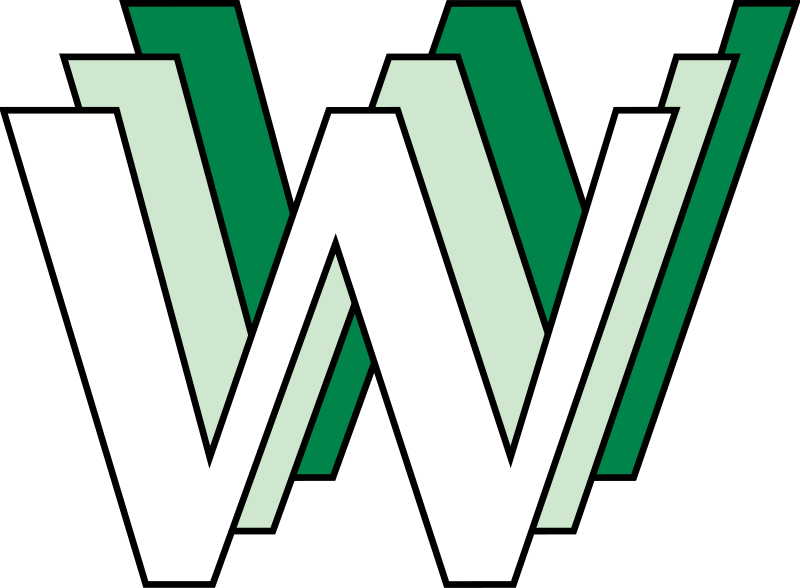Columbia University president hit with no-confidence vote from faculty group over handling of pro-Palestinian campus protests
 Internet@kbin.social – 1 points –
Internet@kbin.social – 1 points – Pro-Palestinian encampments have been cleared from more US college campuses as school officials have called in law enforcement in recent weeks to quell mounting demonstrations over the institutions’ ties to Israel amid its military action in Gaza. Here are the latest developments:
Arts and sciences faculty at Columbia University have passed a vote of no confidence in the Ivy League school’s president, Minouche Shafik, who has been under intense scrutiny for her handling of campus protests over the Israel-Hamas war and her congressional testimony on the subject.
Sixty-five percent of participants said they had no confidence in Shafik, a spokesperson for the New York university confirmed to CNN on Thursday, adding some 900 of its 4,600 full-time faculty voted.
Among their concerns were that Shafik’s leadership had “not only endangered our students; more broadly, it represents a serious threat to the core values of the university: academic freedom, shared governance, freedom of expression, and the right to peaceful assembly,” the Barnard College and Columbia University Chapters of the American Association of University Professors said in a Thursday news release.
Shafik “continues to consult regularly with members of the community, including faculty, administration, and trustees, as well as with state, city, and community leaders,” Columbia spokesperson Ben Chang said in a statement.
Shafik a day earlier sent a message to graduates – after their university-wide commencement ceremony was canceled following weeks of Gaza war protests – wishing “that the challenges you faced during this difficult era will inspire you and make you stronger.”
“I know that the last few weeks have been very difficult, and I am sorry that we were unable to celebrate your commencement in the traditional manner,” she said in her message. Columbia cited security concerns in canceling the large event, a school official told CNN, and instead is holding smaller ones.
Acknowledging “an extraordinary and tragic set of events” in the Middle East and that “as a great university, we must engage with these issues,” the polarization at Columbia has caused conflict on campus, Shafik said.
“Canceling the traditional commencement ceremony was one of the toughest calls in a year of many tough calls,” Shafik wrote in an op-ed in the Columbia Daily Spectator, noting her top priority has been the safety of students, faculty and staff.
“The conflict between the rights of pro-Palestinian protesters and the impact that their protests have had on some members of our Jewish community is what makes this moment singularly fraught,” she said.
UC Irvine goes remote as 50 protesters detained: Classes at the University of California, Irvine, are remote Thursday after law enforcement personnel used zip ties to restrain demonstrators the prior evening at the university before escorting them away from a pro-Palestinian protest encampment and toward a parking lot.
Fifty people were arrested, and police began the booking process onsite, university spokesperson Tom Vasich said in an email. Those who were arrested were taken to the Orange County Jail, where booking and processing were completed. “They were then released on citation,” Vasich said.
Most of those taken into custody were cited for failure to disperse after a direct police order and a few were arrested for trespassing, Vasich said, adding a full breakdown of how many of those arrested are students or faculty is expected to be released later on Thursday.
“A group of several hundred protestors entered the UC Irvine campus and began surrounding” the school’s Physical Sciences Lecture Hall at around 2:30 p.m., Wednesday, the school said in an emergency update.
The university put out a mutual aid call to local law enforcement and got help from the Irvine Police Department and Orange County Sheriff’s Department, it said. Authorities cleared what looked like at least half of student protesters at the encampment, aerial footage from CNN affiliate KABC showed.
Pro-Palestinian protesters had set up a campus encampment on April 29, when the university also called in local law enforcement. Days later, the school’s chancellor said the university would continue to negotiate with student protesters demanding their university cut financial ties to Israel over the nation’s military action in Gaza.
UC Berkeley condemned building occupied by Pro-Palestinian protesters: Protesters are still occupying a condemned building at the University of California, Berkeley, a school spokesperson said Thursday, after a group broke in the prior afternoon with sticks and bolt cutters, broke windows and spray-painted walls, police said
“There is an active crime scene at a building in the Anna Head complex,” spokesperson Dan Mogulof told CNN via email. “This is not nonviolent civil disobedience.”
A Palestinian flag is hanging from the building, where protesters set up tents, footage from CNN affiliate KGO shows.
Images from the Jewish Community Relations Council Bay Area show the building’s interior walls covered in what the group called “antisemitic graffiti,” reading, “Zionism is Nazism” and “Martyrs never die.”
“The Star of David, the most recognizable symbol in Judaism, is seen equated with a swastika,” the council said Wednesday in an X post. “This is not protest, this is pure hate.”
The building’s takeover came a day after the UCB Divest Coalition agreed to end its campus encampment following discussions with university leadership. The coalition did not initiate the break-in at the Anna Head complex, Mogulof said.
UC Berkeley’s chancellor was relieved to bring the encampment protests to a peaceful end, noting the school’s leadership does not support full divestment from Israel at this time, she said.